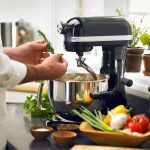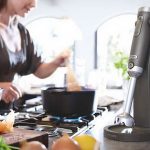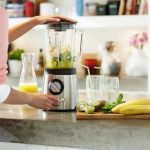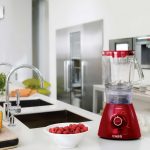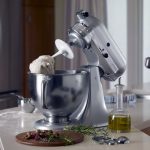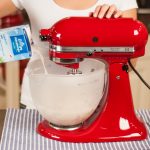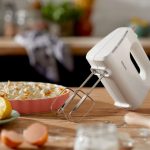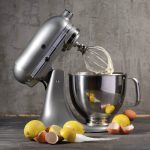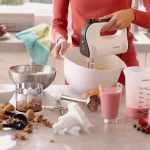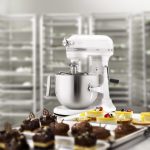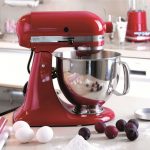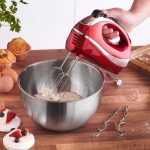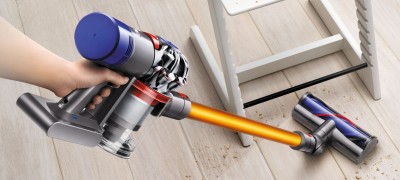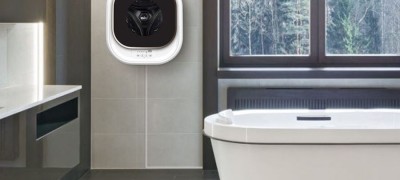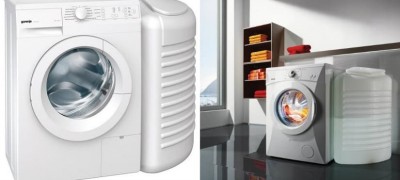Mixer or blender: what you need to know before buying
The variety and availability of small kitchen appliances often leads to the fact that instead of real help, a modern housewife receives a load of additional problems and wasted time. In this case, this can happen due to a misunderstanding of how a blender differs from a mixer. Despite the apparent similarity in functionality, these are completely different devices designed to solve their specific tasks.
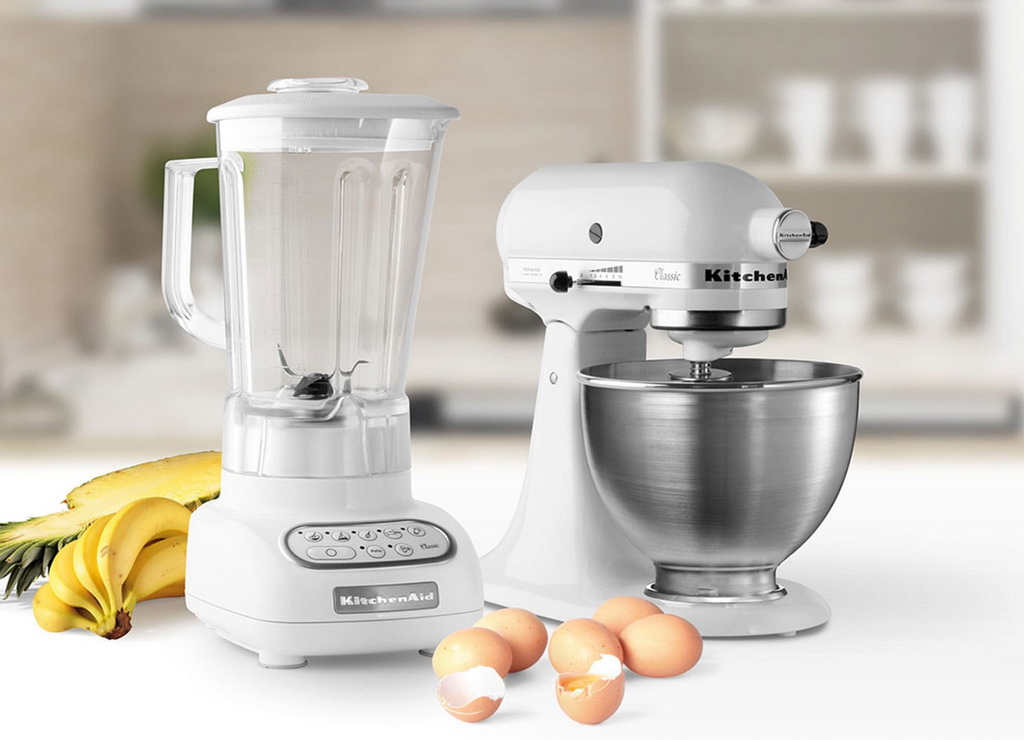
Mixer vs blender: what's the difference
The areas of application of these devices should be clearly distinguished. The mixer was created for mixing ingredients that are already in a state of fine fraction (free-flowing or liquid), and differs both in design and in its capabilities. Whereas a blender is a chopper. Its main purpose is to cut, crush and grind. At the same time, a very significant difference is the rotation speed, here it is several times higher.

Of course, a kitchen is not a factory with a clearly defined technological process. Many foods can be prepared with equal efficiency using any device. For example, it doesn't matter the better to beat the whites with a mixer or blender, the result will always be the same. There is a whole lineup in which the functional features of both devices are manifested with equal success. These are the so-called dual-purpose mechanisms.

What is better to use
Again, the question of choice lies in the area of cooking technology. While the mixer can easily handle the production of cream or mayonnaise, the blender will be indispensable for making minced meat or grinding coffee beans. At the same time, that one, that another device can be equally effective, for example, when mixing cocktails or preparing pancake dough.
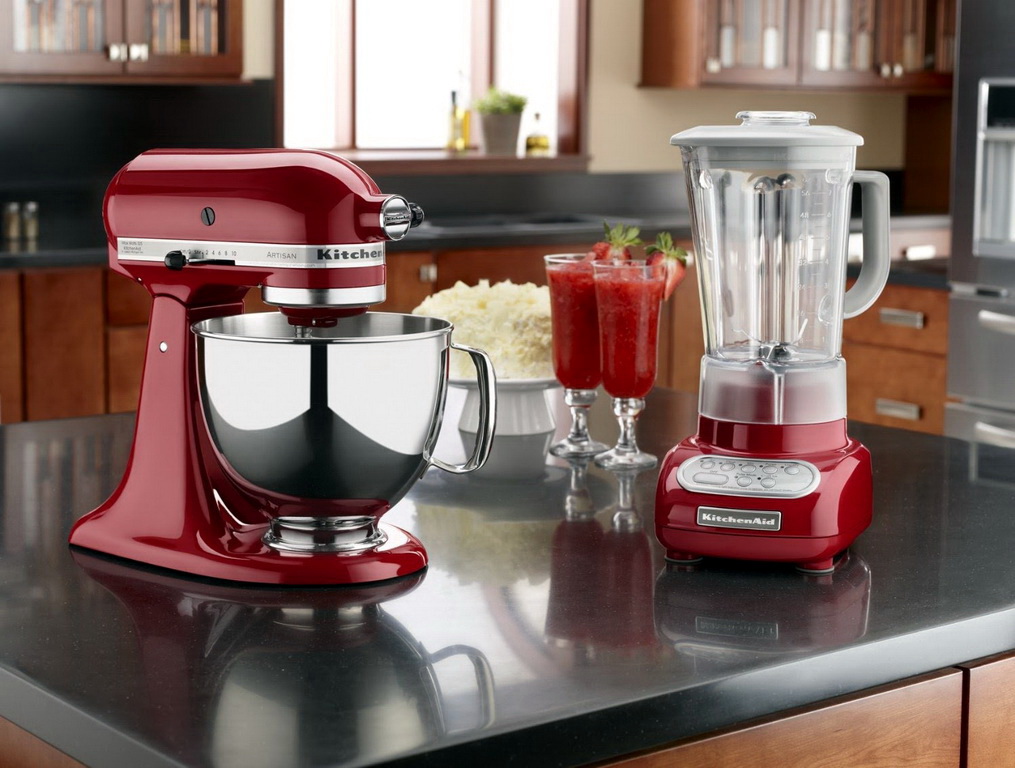
On the other hand, situations are not excluded when you will have to use one specific device to prepare a dish. So, a good dough for dumplings cannot be obtained without a stationary mixer. Actually, such moments determine how a blender differs from a mixer, in relation to each specific case. Therefore, a good housewife should be able to rationally use both of these devices.

Working rules: features and recommendations
The quality of complex culinary dishes (requiring the participation of kitchen equipment) directly depends not only on the device itself, but also on how it is used in the cooking process. This can be influenced by factors such as:
- Device characteristics.
- The type and characteristics of the products used.
- Output volume and quantity.
It is clear that you should not grind ten kilograms of meat at a time with a hand blender with a fine attachment, as well as trying to knead a tough dough with a mixer with a broom. It turns out that the final result is influenced not only by the understanding of the physics of the process, for example, the better to beat the proteins with a mixer or blender, but also by how it happens from the point of view of technology and common sense.
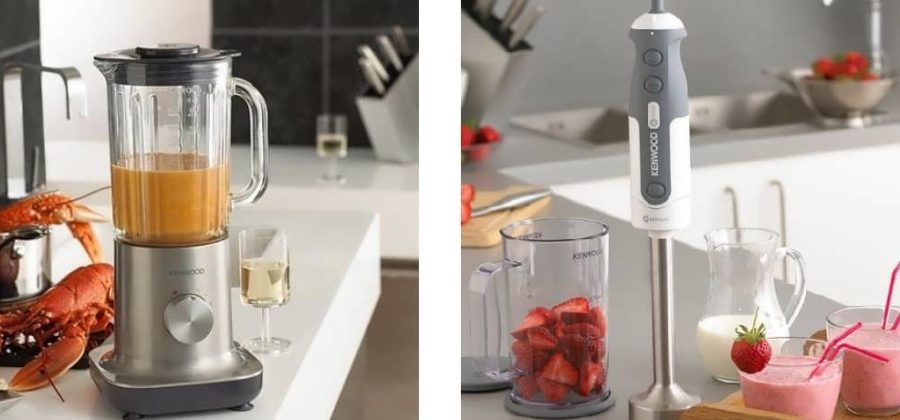
Correct use of the mixer
Depending on the model of the device, the feasibility of its use is determined by both efficiency and the amount of effort expended. For example, mixing ingredients should be quick and easy. To do this, you need to choose the right broom and set the appropriate operating mode. All equipment should be kept clean and damaged accessories should not be installed.

It should be borne in mind that too much power or an insufficient volume of dishes can lead to splashing of the contents - it is good if the mixer is equipped with a lid with an opening for loading components. It is usually recommended to select a container for 200-500 ml. more than the volume of the original product.
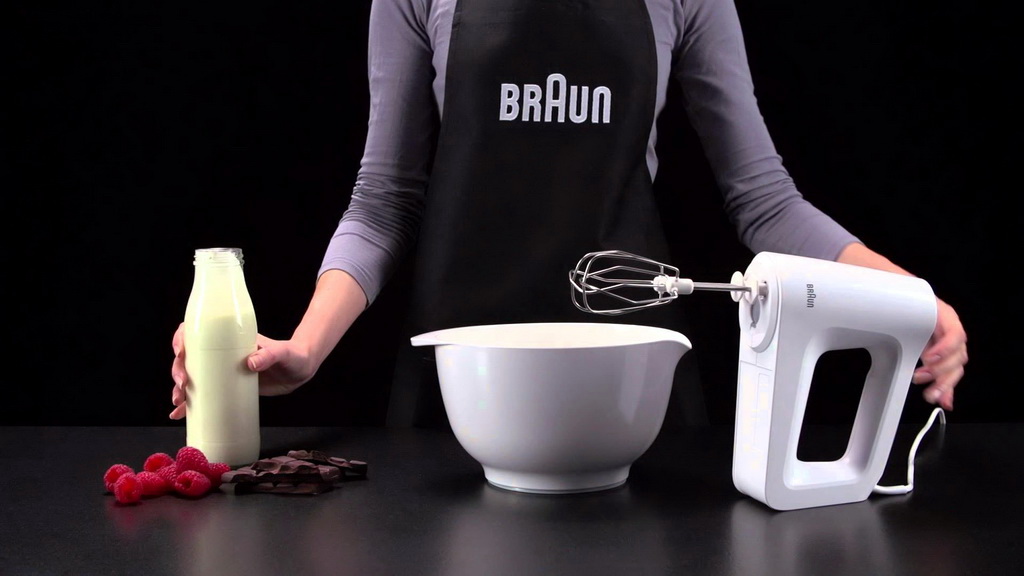
Correct use of the blender
The general rules of use are valid for all household appliances. Differences can only be in the specifics of the application: nuts and ice increase the wear of plastic bowls, to crush ice, you should choose more powerful devices, and to get mashed potatoes, you need to install a special plastic attachment. If you stir the potatoes with a knife, the output will be an unappetizing and unpleasant-looking substrate, which once again shows how the blender differs from the mixer.
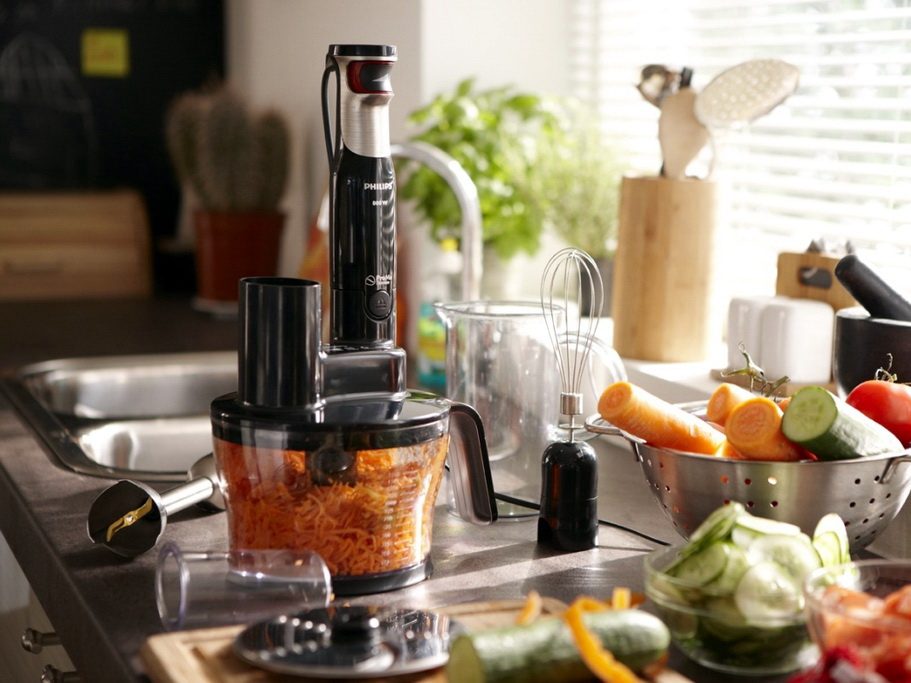
Important! When working with any household appliances, remember to follow the safety rules!
What does the market offer? Briefly about the varieties of models
There are three most common types of household mixers:
- Manual or portable. Differs in light weight, the ability to work at a considerable distance from the power source and average speed. Supplied with a spiral for kneading dough and a wire broom for soufflé. As a rule, they are whipped batter, cocktails, eggs into an omelet.
- Stationary spiral. The main feature of these models is the moving bowl. That is, when stirring, not only the rotation of the blades occurs, but also the bowl itself (around its axis), which improves the consistency of the mixture. Stationary mixers are significantly more powerful, equipped with numerous accessories and equipped with advanced controls.
- Stationary planetary. Most productive of them all. Such devices are more likely to be industrial installations and are intended for the preparation of large volumes of product mixtures. Usually, making dough is their main job.
There are only two types of kitchen blenders:
- Portable or submersible. Structurally, it is a motor-stick with replaceable attachments. Provides more freedom when cooking. For example, it can work in a pot of boiling soup. They differ in speed, number of nozzles, and mode of operation.
- Stationary on a stand. A more powerful, but also more limited device. If the previous type of models allowed ambiguity in the question of which mixer or blender beat proteins better, then such devices are definitely not suitable for this. Mainly used for making cocktails and smoothies.Older models can be equipped with a soup bowl.
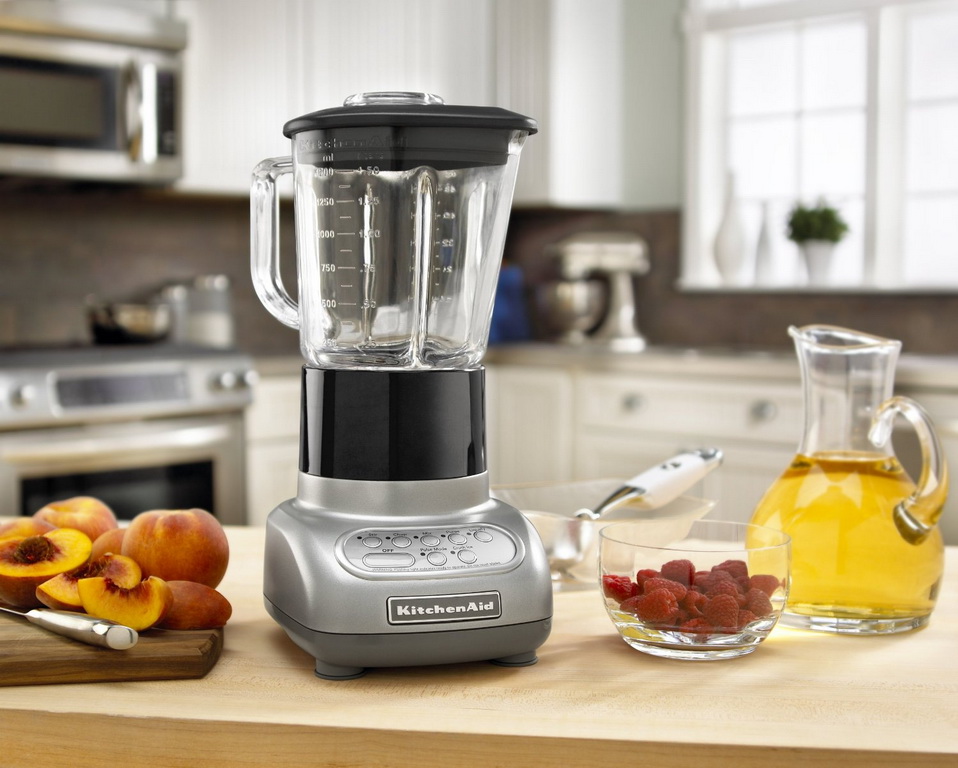
Mixer or blender? Choose wisely
The criterion for the acquisition of any kitchen appliance should be an accurate understanding of the scope of its use. So, if you need to often cook omelets or knead dough, it is better to take a closer look at the mixer. If there is a small child at home, then the choice should lean towards the blender.
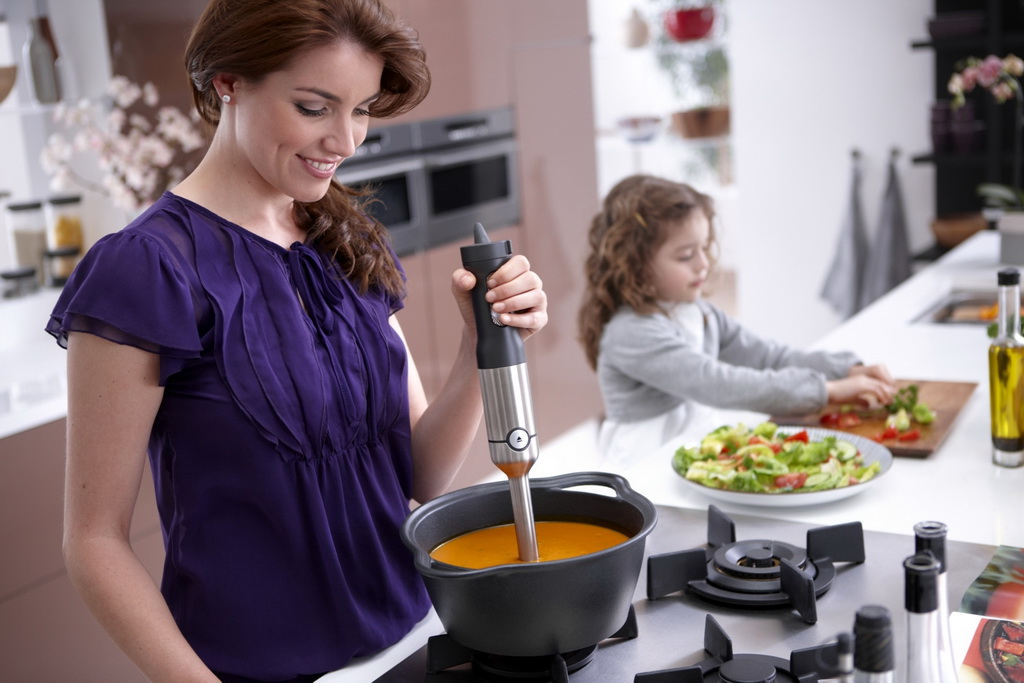
The question of cost also remains important. If it is desirable to have both devices, but there is no way to buy them right away, it makes sense to consider the option of one thing, but with advanced functionality.
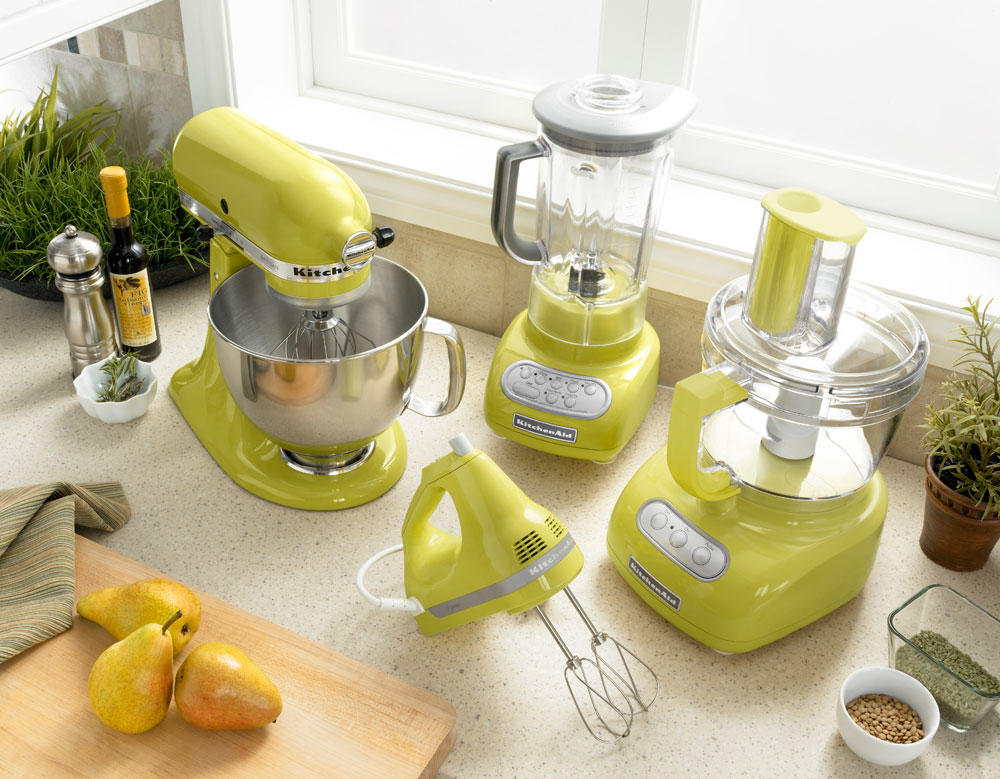
Also, when buying, you should pay attention to:
- Model.
- Material.
- Complete set.
- Power.
- Functionality.
- Ease of use.
- Brand awareness.
Thus, when evaluating a particular device, you need to clearly understand where it will be used and for what purposes it is purchased (including those that may appear over time). A clear understanding of how a blender differs from a mixer will allow you to narrow the range of choices to a few models and make the right decision.

Video: how to choose the right mixer and blender
